Saturday,
Jan 10
Stuttgart
2°
Sunday,
Jan 11
Stuttgart
-4°
Monday,
Jan 12
Stuttgart
-2°
Tuesday,
Jan 13
Stuttgart
2°
Wednesday,
Jan 14
Stuttgart
4°
Thursday,
Jan 15
Stuttgart
6°
MORE IMPORTANT INFORMATION ABOUT YOUR TRAVEL TO Stuttgart
The Train station is located at the center of Stuttgart
Stuttgart T-, STOOT-, SHTOOT-; German: [ˈʃtʊtɡaʁt]; Swabian: Schduagert [ˈʒ̊d̥ua̯ɡ̊ɛʕd̥]; names in other languages) is the capital and largest city of the German state of Baden-Württemberg. Stuttgart is located on the Neckar river in a fertile valley known locally as the "Stuttgart Cauldron". It lies an hour from the Swabian Jura and the Black Forest. Its urban area has a population of 634,830, making it the sixth largest city in Germany. 2.8 million people live in the city's administrative region and 5.3 million people in its metropolitan area, making it the fourth largest metropolitan area in Germany.
Source:
WikipediaADDITIONAL INFORMATION ABOUT Hamburg
The Train station is located at the center of Hamburg
Hamburg (English: German: [ˈhambʊʁk], locally also [ˈhambʊɪ̯ç] [ˈhambɔːχ]; Low Saxon: Hamborg), officially the Free and Hanseatic City of Hamburg (German: Freie und Hansestadt Hamburg; Low Saxon: Friee un Hansestadt Hamborg), is the second-largest city in Germany after Berlin and 7th largest city in the European Union with a population of over 1.84 million. One of Germany's 16 federal states, it is surrounded by Schleswig-Holstein to the north and Lower Saxony to the south. The city's metropolitan region is home to more than five million people. Hamburg lies on the River Elbe and two of its tributaries, the River Alster and the River Bille. The official name reflects Hamburg's history as a member of the medieval Hanseatic League and a free imperial city of the Holy Roman Empire. Before the 1871 Unification of Germany, it was a fully sovereign city state, and before 1919 formed a civic republic headed constitutionally by a class of hereditary grand burghers or Hanseaten. Beset by disasters such as the Great Fire of Hamburg, North Sea flood of 1962 and military conflicts including World War II bombing raids, the city has managed to recover and emerge wealthier after each catastrophe. Hamburg is Europe's third-largest port.
Source:
WikipediaImages of the trains for your trip


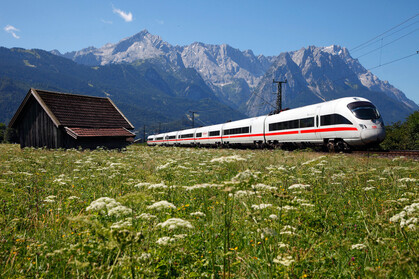

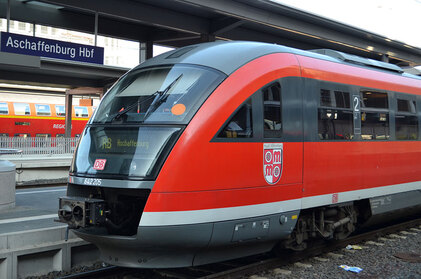







Where Can You Travel With Us?
TAKE A LOOK AT OUR MAP
France
Italy
Netherlands
Luxembourg
Austria
Germany
Belgium
Switzerland
Denmark
Sweden
Norway
Hungary
Czech
Ukraine
China
Active
France, Italy, Netherlands, Luxembourg, Austria, Germany, Belgium, Switzerland, Denmark, Sweden, Norway, Hungary, Czech, Ukraine, China
Upcoming
USA, Canada, Spain, Poland, Japan
Other Train Trips From Hamburg
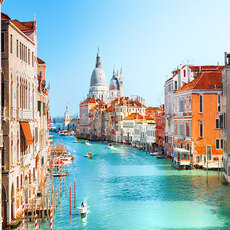
Hamburg to Scherfede

Hamburg to Castrop Rauxel

Hamburg to Siegen

Hamburg to Monsheim

Hamburg to Diepholz
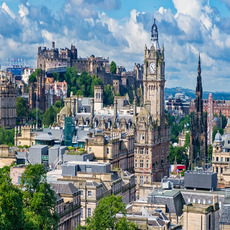
Hamburg to Offenbach Main Ledermuseum

Hamburg to Friedland Han

Hamburg to Mellrichstadt

Hamburg to Schirnding

Hamburg to Cuxhaven
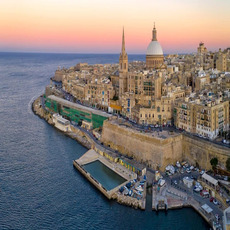
Hamburg to Hamb Blankenese
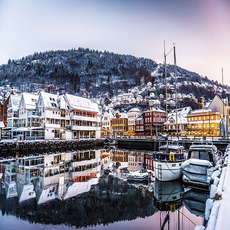
Hamburg to Istein

Hamburg to Pinneberg

Hamburg to Kohlscheid
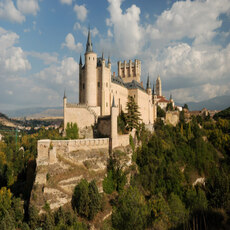
Hamburg to Nordstemmen

Hamburg to Lichtentanne Sachs

Hamburg to Sanderbusch
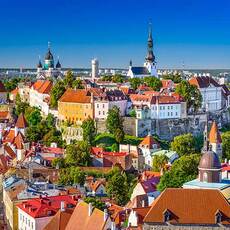
Hamburg to Kiefersfelden

Hamburg to Bonn Bad Godesberg
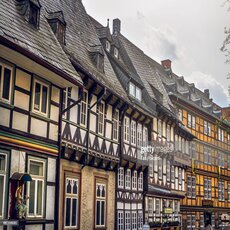
Hamburg to Waiblingen

Hamburg to Offenbach Main

Hamburg to Wuppertal

Hamburg to Kiel

Hamburg to Waren Muritz

Hamburg to Magdeburg Salbke
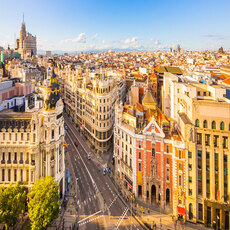
Hamburg to Herzberg Harz

Hamburg to Dillingen Donau
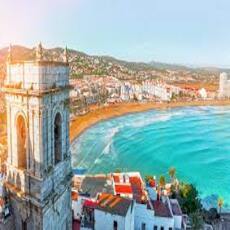
Hamburg to Passau
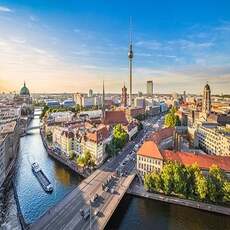
Hamburg to Grossenbrode

Hamburg to Cottbus Willmersdorf North
WHY YOU SHOULD TRAVEL BY TRAIN?
To travel from Hamburg To Stuttgart, trains would be the best travel choice, for several reasons:
1
Eco-Friendly
Trains are the most environmentally-friendly way of transport to the EU Environment Agency. They are powered by electricity, which is renewable and has a low environmental impact.
2
Speed
Travelling by train is in most cases the fastest way to go from Rome to Milan. Trains usually travel at high speeds, making them the fastest way to get from one place to another.
3
Safety
Travelling by train is one of the safest forms of transport. Trains are heavily regulated and monitored, making them safer than other forms of transport.
4
Price
Travelling by train is often cheaper than other forms of transport, such as flying or taking a bus. Trains are often subsidized by the government, making them cheaper than other forms of transport.
5
Luggage
Travelling by train is a great way to transport luggage. Trains usually have plenty of space for luggage and they are usually safe and secure.
6
Luggage
Travelling by train is often faster than other forms of transport, such as driving or taking a bus. Trains usually travel at high speeds, making them the fastest way to get from one place to another.
7
Comfortability
Travelling by train is usually very comfortable. Trains usually have comfortable seating and plenty of legroom, making them a great way to travel.
8
Comfortability
Travelling by train is a great way to get some sleep. Trains usually have comfortable seats and plenty of legroom, making them a great way to get some rest while travelling.
9
WIFI
This is not necessarily the most important when you travel since we prefer to tell you to enjoy your travel without your phones, but on trains, you can find WIFI onboard, so you remain connected to the internet if you choose to.
THESE ARE THE TRAIN OPERATORS WE WORK WITH




















